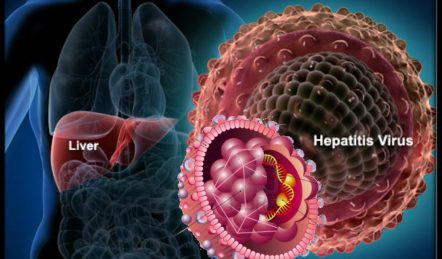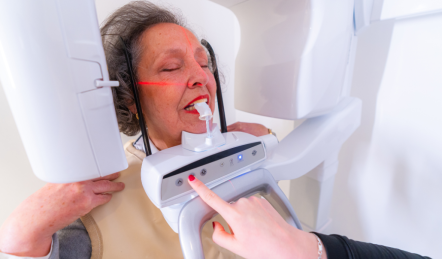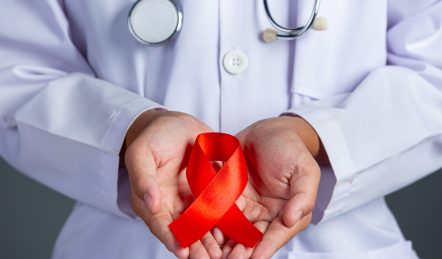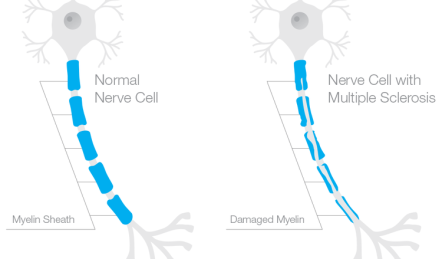Early Symptoms and Treatment Options for Kidney Cancer
Unlike breast or lung cancer, cancer of the kidney is not as common. For most people, the likelihood of developing kidney cancer over their lifetime is less than 2%. The American Cancer Society reports that 63,340 people in the United States are diagnosed with kidney cancer each year, and 14,970 people die from the disease each year¹.
Kidney cancer is a significant and common health problem. If you have been diagnosed with kidney cancer, you must seek treatment immediately; kidney cancer is highly preventable if detected before stage 4. Your prognosis for kidney cancer survival improves dramatically if you’re informed of the symptoms and treatment options accessible to you.

Early Symptoms of Kidney Cancer
Although cancer of the kidney is often curable if detected early, many sufferers are unaware they have the symptoms of this dangerous disease until it is too late. Cancer of the kidney, like all malignancies, spreads slowly over time.
Cancer is developed when a single cell is mutated and starts to spread. Tumors are challenging to detect in their early stages due to the rapid growth of malignancy. You may notice the following signs of kidney cancer as your tumor grows:
- Fatigue
- Back Pain
- Urine with blood in it
- Lower back swelling

Kidney Cancer Treatment Alternatives
Almost all cases of kidney cancer are caused by malignancies that begin in the kidneys. However, it’s possible that cancer has spread beyond the kidneys in some patients. Depending on the type of cancer you’ve been diagnosed with, your doctor will devise a treatment plan just for you. Even though there are over a dozen different classifications for cancer according to Cancer.net², the medical community still uses the following four different stages.
Stage 1
The most treatable stage of kidney cancer is stage 1. The tumors are still relatively modest at this stage. At this stage, the tumor is often removed surgically with a partial nephrectomy. In the first stage, surgery is highly effective.
Stage 2
According to Texas Oncology, doctors diagnose kidney cancer as Stage 2 when tumors measure seven centimeters in diameter or more. For Stage 2 patients, surgery is the most common recommendation from doctors. Consequently, for individuals with Stage 2 cancer, doctors must remove the kidney harboring the tumor. Everyone has two kidneys; therefore, most individuals can get along with only one kidney and avoid major health complications.
Stage 3
In the third stage, the chances of surviving kidney cancer are drastically reduced. According to Healthline³, just 53% of people diagnosed with Stage 3 cancer survive for five years. Tumors begin to form outside the kidneys in Stage 3. A radical nephrectomy is a surgical procedure performed to remove a patient’s kidney and adjacent adrenal gland after a Stage 3 cancer diagnosis.
Stage 4
Unfortunately, by the time kidney cancer hits Stage 4, it has metastasized, meaning it has spread throughout the body. As per the American Cancer Society⁴, individuals diagnosed with Stage 4 kidney cancer have an 8% probability of living for five years. When cancer has progressed to Stage 4, standard treatments such as chemotherapy and surgery are no longer options. As cancer progresses, doctors often offer palliative care to assist patients in maintaining their quality of life.
Early Diagnosis of Kidney Cancer
Early diagnosis of kidney cancer is essential for a better prognosis because the disease grows over time. Your doctor will recommend you to a kidney specialist to begin the diagnostic process. If a tumor is found in your kidney, a CT scan or MRI will be performed by your doctor. If a tumor is found, you and your physician can collaborate to choose the best course of treatment for your particular type of cancer.
Consulting your doctor frequently is the greatest approach to diagnosing cancer of the kidney in its earliest stages, as physicians are trained to look for the symptoms. The best method to avoid kidney cancer is to get regular urine testing; those who aren’t at high risk don’t usually have cancer screenings. As a result, it’s critical to get annual checkups and see your physician to detect kidney cancer and prevent it from developing further.
It’s always a brilliant idea to stay up to date on the latest studies, as with everything else. Consider at least three or four alternatives before making your ultimate choice. The fastest and most comprehensive approach to learning about all the positives and negatives of a particular option is to perform an online search.
References:
¹Cancer.org, Key Statistics About Kidney Cancer
²Cancer.net, Kidney Cancer: Stages
³Healthline, What’s the Connection Between Kidney Cancer Stage and Five-Year Survival Rates
⁴Cancer.org, Survival Rates for Kidney Cancer








































